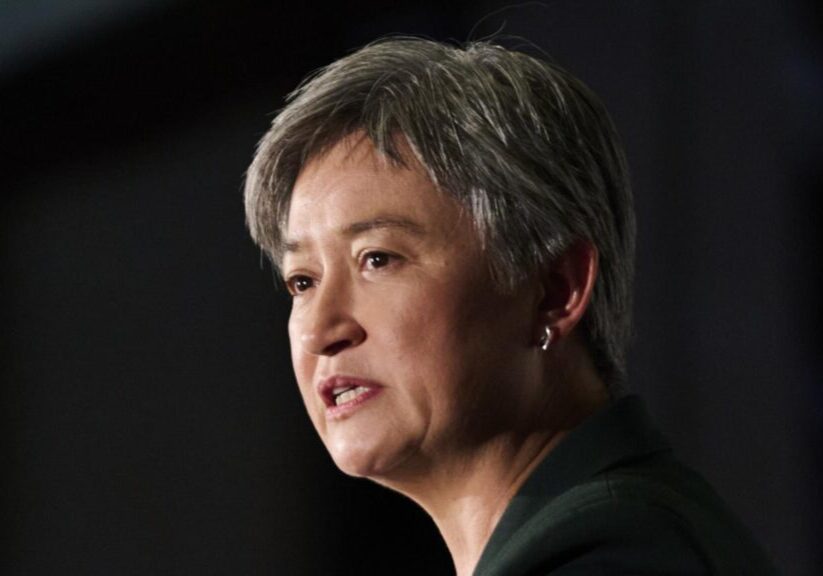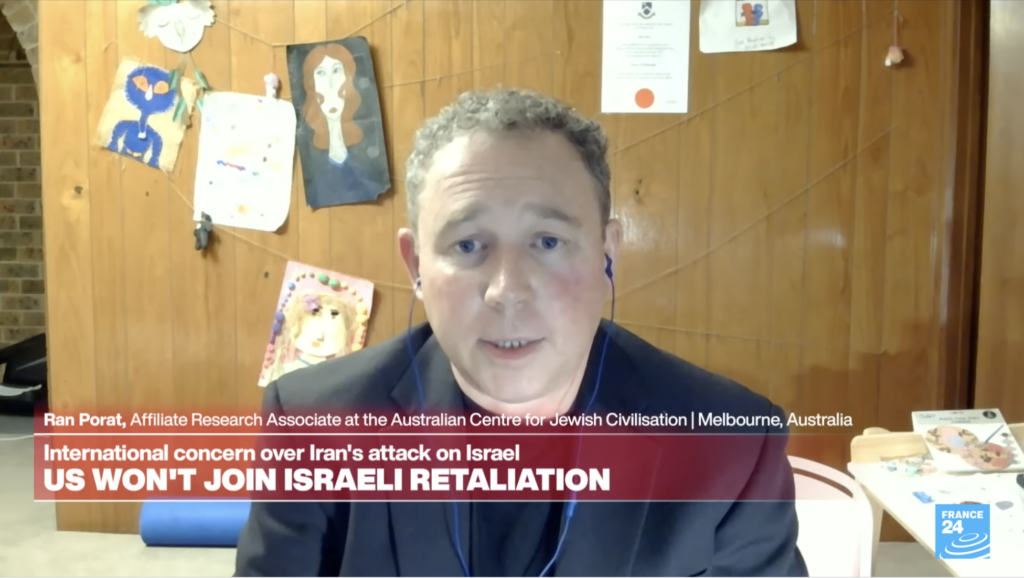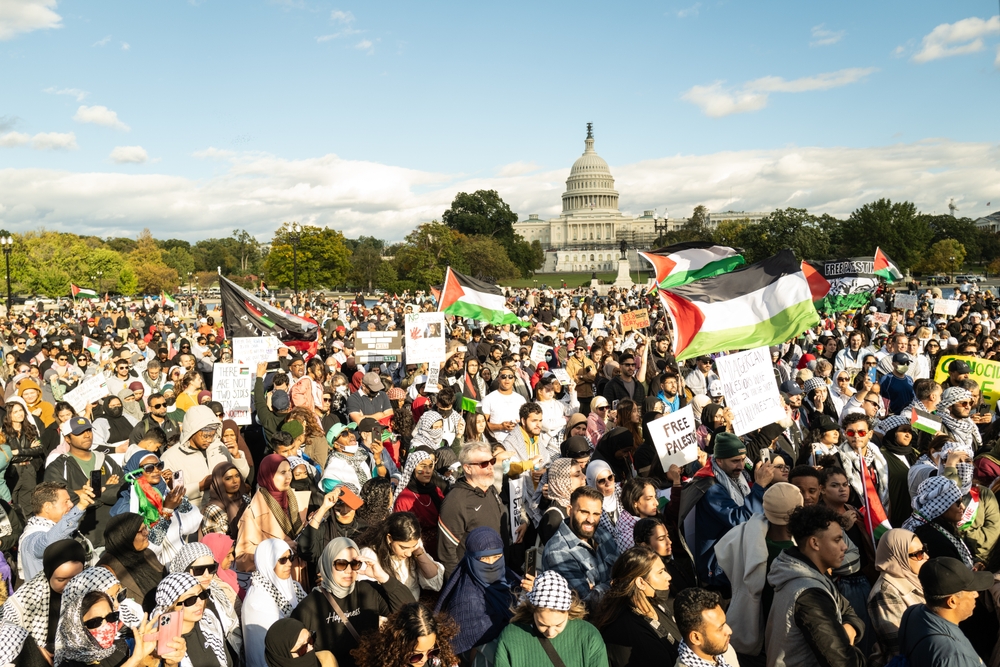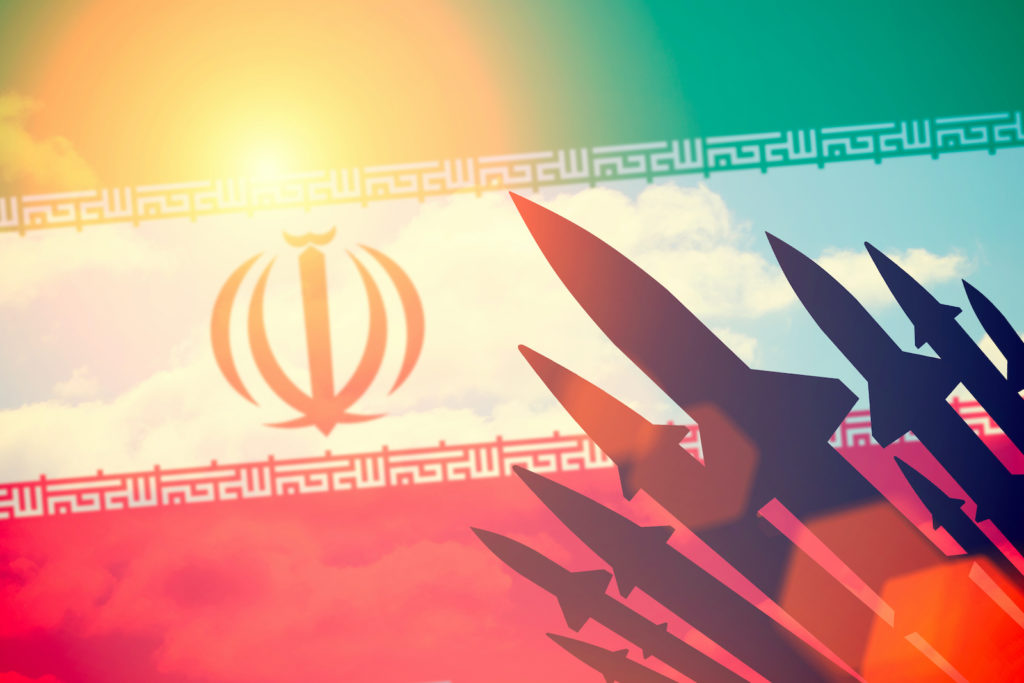IN THE MEDIA
Still time to stop Middle East arms war
Aug 21, 2007 | Bren Carlill
Courier-Mail, August 21, 2007
A nuclear Iran would be potentially harmful for us all, writes Bren Carlill
Israelis are petrified of Iran going nuclear, but why should that bother the rest of us? The fact is, a nuclear Iran would be harmful for everyone.
Iran wants to be regional hegemon. It has territorial disputes with Azerbaijan, Iraq, Kazakhstan, Pakistan, Turkmenistan and the United Arab Emirates. You can add oil rich Bahrain to that list. Last month, an advisor to Iran’s Supreme Leader described Bahrain as a “province of Iran,” calling for “reunification.”
Iran conducts regular military exercises in the Persian Gulf. If Iran were to blockade its entrance, which it could easily do, it would have effective control over world oil prices. With a nuclear deterrent, Iran could no longer be held accountable for its actions.
Iran says it doesn’t want nukes. But the UN’s nuclear watchdog said it recently found schematics for building uranium warheads, unexplained uranium contamination at a military-linked research facility and information on high explosives experiments that could be used in a nuclear program.
Limited UN sanctions have been ineffectual. Iran’s nuclearisation is progressing steadily. This has Sunni Egypt and Saudi Arabia worried. As Shi’ite Iran’s main rivals, both recently threatened to also pursue a “peaceful” nuclear program.
A nuclear arms race in the Middle East would be a nightmare. It won’t be like the Cold War, which was essentially between two blocs. In the Middle East, everyone distrusts everyone else. Indeed, over 60 years there have been 22 Middle Eastern wars with absolutely no connection to Israel.
A Sunni-Shi’ite nuclear arms race and Israeli fears of another Holocaust will create widespread uncertainty throughout the Middle East. This will send the price of oil skyrocketing.
But preventing Iran from acquiring nuclear weaponry doesn’t have to mean another war. A concerted effort by the international community can change Iranian policy.
Despite its huge oil reserves, Iran has few refineries, meaning it imports much of the petrol it uses. The refineries it does have are increasingly decrepit. Iran needs foreign investment just to keep them working. Thus, sanctions targeting the oil industry would be effective quickly.
Iranians are, slowly, becoming more vocal in their views, and polls have revealed the regime is deeply unpopular with its citizens.
It was popular unrest that felled the Shah in 1979. Meaningful sanctions might see either the current regime overthrown or its nuclear policy changed to avoid that outcome.
Either result is good, and infinitely better than a nuclear Iran.
Bren Carlill is a policy analyst at the Australia/Israel & Jewish Affairs Council
Tags: Iran











